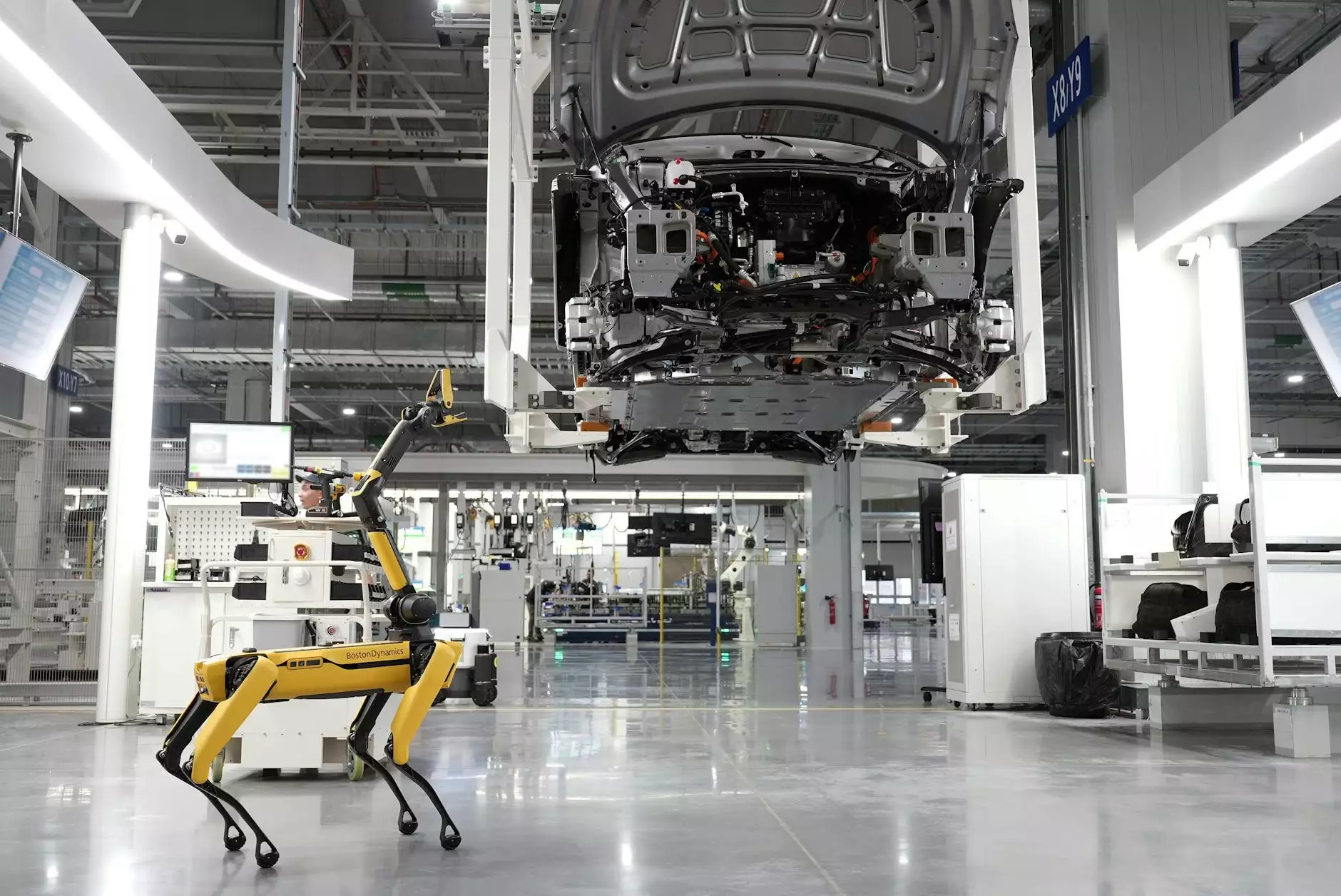Lung Specialist in Singapore: Comprehensive Care for Your Respiratory Health

The health of your lungs is critical to your overall well-being. Whether you're experiencing breathlessness, chronic cough, or any other respiratory issues, consulting a lung specialist in Singapore is essential. In this article, we will delve into the world of pulmonary health, explore the role of lung specialists, and provide insights into common lung conditions and their management.
Understanding Lung Health
The lungs play a vital role in the respiratory system, facilitating gas exchange, which is crucial for oxygenating the blood and removing carbon dioxide. Lung health is influenced by various factors, including environmental pollutants, lifestyle habits, and underlying medical conditions.
The Significance of Lung Specialists
A lung specialist in Singapore, also known as a pulmonologist, specializes in diagnosing and treating respiratory diseases and conditions. These professionals possess extensive knowledge in the field of pulmonary medicine, enabling them to provide precise and effective treatment plans tailored to individual patients. Common reasons to consult a lung specialist include:
- Chronic Cough: Persistent coughing can be a symptom of various underlying conditions that require expert evaluation.
- Breathlessness: Difficulty breathing or shortness of breath warrants immediate assessment to identify possible causes.
- Lung Infections: Recurrent lung infections may indicate a more serious health issue that needs to be addressed by a specialist.
- Sleep Apnea: This sleep disorder, often linked to breathing irregularities, can benefit from specialized care.
- Asthma and COPD: Management of chronic conditions like asthma and Chronic Obstructive Pulmonary Disease requires ongoing support from experts.
Common Lung Conditions Treated by Specialists
There are numerous lung conditions that a lung specialist in Singapore can diagnose and treat. Here are some of the most prevalent:
1. Asthma
A chronic condition affecting the airways, asthma is characterized by inflammation and narrowing of the air passages, leading to wheezing, coughing, and difficulty breathing. Lung specialists work with patients to develop effective management plans, including medication and lifestyle changes.
2. Chronic Obstructive Pulmonary Disease (COPD)
COPD is a progressive disease that makes it hard to breathe. It is often caused by long-term exposure to irritating gases or particulate matter, most commonly from cigarette smoke. Treatment can involve medications, pulmonary rehabilitation, and lifestyle changes to enhance quality of life.
3. Lung Infections
Lung infections, such as pneumonia or bronchitis, can be serious and require prompt medical attention. A lung specialist can provide thorough evaluations and appropriate treatments, including antibiotics or antiviral medications when necessary.
4. Sleep Apnea
Sleep apnea is a condition marked by interrupted breathing during sleep, leading to poor sleep quality and other health issues. Specialists may recommend sleep studies and provide CPAP machines or other treatments to manage this condition effectively.
5. Lung Cancer
Lung cancer is a serious diagnosis that necessitates immediate attention. Lung specialists collaborate with a multidisciplinary team to determine the most appropriate course of action, including surgery, chemotherapy, and radiation therapy.
How to Find the Right Lung Specialist in Singapore
Selecting the right lung specialist in Singapore can significantly impact the quality of care you receive. Consider the following tips when looking for a specialist:
- Research Credentials: Ensure the specialist is board-certified and has experience in treating your specific condition.
- Check Patient Reviews: Online reviews and testimonials can provide insights into the doctor’s approach and patient care.
- Evaluate Communication Style: It’s essential to find a specialist who listens to your concerns and clearly explains treatment options.
- Consider Clinic Location: Proximity to the specialist’s clinic can facilitate easier access for consultations and follow-ups.
The Role of Technology in Lung Health
Innovations in medical technology have greatly enhanced the ability of lung specialists to diagnose and treat respiratory conditions. Advances include:
- Imaging Techniques: High-resolution CT scans and MRIs offer detailed views of the lungs, aiding in accurate diagnosis.
- Bronchoscopy: This minimally invasive procedure allows specialists to visualize the airways and take biopsies if necessary.
- Home Monitoring Devices: Portable spirometry and oximetry devices help patients track their lung function and oxygen levels from home.
The Importance of Preventive Care
Prevention is always better than cure, especially when it comes to lung health. Regular check-ups with a lung specialist in Singapore can help detect conditions early. Here are some preventive measures you can take:
- Avoid Smoking: Staying smoke-free is crucial for maintaining healthy lungs.
- Exercise Regularly: Physical activity can improve lung function and overall health.
- Get Vaccinated: Vaccinations for influenza and pneumonia are vital for protecting lung health.
- Monitor Air Quality: Stay informed about air pollution levels and limit exposure during high pollution days.
References and Resources for Lung Health
Access to reliable information is vital. Here are some trusted resources to learn more about lung health:
- American Lung Association: A comprehensive source for lung health information and advocacy.
- World Health Organization: Global health recommendations and research on respiratory conditions.
- PubMed: An accessible database for medical research articles and studies.
Conclusion
Your lungs are indispensable, and taking care of them should be a priority. By seeking the expertise of a lung specialist in Singapore, individuals can receive tailored treatments and preventive measures that will safeguard their respiratory health. Stay proactive—don’t hesitate to consult a lung specialist if you have any concerns regarding your lung health. Together, we can breathe easier and improve our quality of life.








